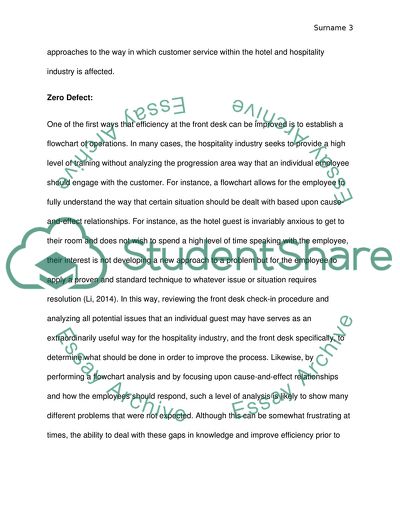Cite this document
(A Review and Analysis of Efficiency in Front Desk Operations Report, n.d.)
A Review and Analysis of Efficiency in Front Desk Operations Report. https://studentshare.org/tourism/1847571-hospitality-tourism-facilities-management
A Review and Analysis of Efficiency in Front Desk Operations Report. https://studentshare.org/tourism/1847571-hospitality-tourism-facilities-management
(A Review and Analysis of Efficiency in Front Desk Operations Report)
A Review and Analysis of Efficiency in Front Desk Operations Report. https://studentshare.org/tourism/1847571-hospitality-tourism-facilities-management.
A Review and Analysis of Efficiency in Front Desk Operations Report. https://studentshare.org/tourism/1847571-hospitality-tourism-facilities-management.
“A Review and Analysis of Efficiency in Front Desk Operations Report”. https://studentshare.org/tourism/1847571-hospitality-tourism-facilities-management.


